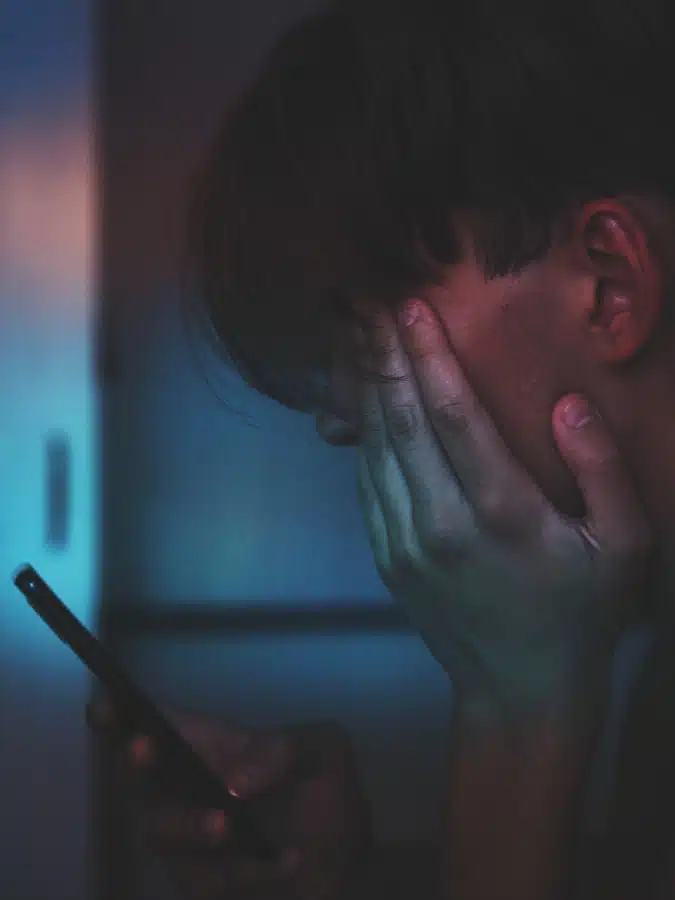The government’s draft Online Safety Bill in its current form is neither clear nor robust enough to tackle certain types of illegal and harmful content on user-to-user and search services, MPs have warned.

The Digital, Culture Media and Sports committee is urging the government to address types of content that are technically legal by bringing them into scope either through primary legislation or as types of harmful content covered by the duties of care.
Chair of the DCMS Committee Julian Knight MP said: “In its current form what should be world-leading, landmark legislation instead represents a missed opportunity.
“The Online Safety Bill neither protects freedom of expression nor is it clear nor robust enough to tackle illegal and harmful online content.
“Urgency is required to ensure that some of the most pernicious forms of child sexual abuse do not evade detection because of a failure in the online safety law.
These are matters of important public debate to which we will return as the Bill makes its way through Parliament,” he added.
The committee outlines that the draft Online Safety Bill is “an ambitious, complex and contested piece of legislation”. While the committee welcomes the government’s decision to publish the Draft Bill in full and engage proactively with the various committees, there are several areas where existing pre-legislative scrutiny has missed an opportunity and must go further.
The committee has “urgent concerns” that, as currently drafted, the Bill neither adequately protects freedom of expression nor is clear and robust enough to tackle the various types of illegal and harmful content on user-to-user and search services.
It has proposed a number of amendments to the definition and scope of harms covered by the regime that would bring the Bill into line with the UK’s obligations to freedom of expression under international human rights law.
The government should also proactively address types of content that are technically legal, such as insidious parts of child abuse sequences like breadcrumbing and types of online violence against and women and girls like tech-enabled ‘nudifying’ of women and deepfake pornography, by bringing them into scope either through primary legislation or as types of harmful content covered by the duties of care.
The current provisions that provide Ofcom with a suite of powers and users with redress are similarly unclear and impractical.
“We urge the government to provide greater clarity within the Bill on how and when these powers should be used to ensure they are both practical and proportionate. Finally, we are concerned that the Joint Committee’s recommendation to replace independent, elected, cross-party select committees with a joint committee created by government would undermine, rather than enhance, parliamentary scrutiny,” the committee’s report concludes.
Children’s charity NSPCC has previously raised concerns that the draft Online Safety Bill needs to be significantly strengthened so that it can truly disrupt the production and spread of child abuse material on social media.
“Until this happens, children will continue to be at risk of an unprecedented scale of abuse,” the charity concluded.
The Draft Online Safety Bill and the legal but harmful debate

